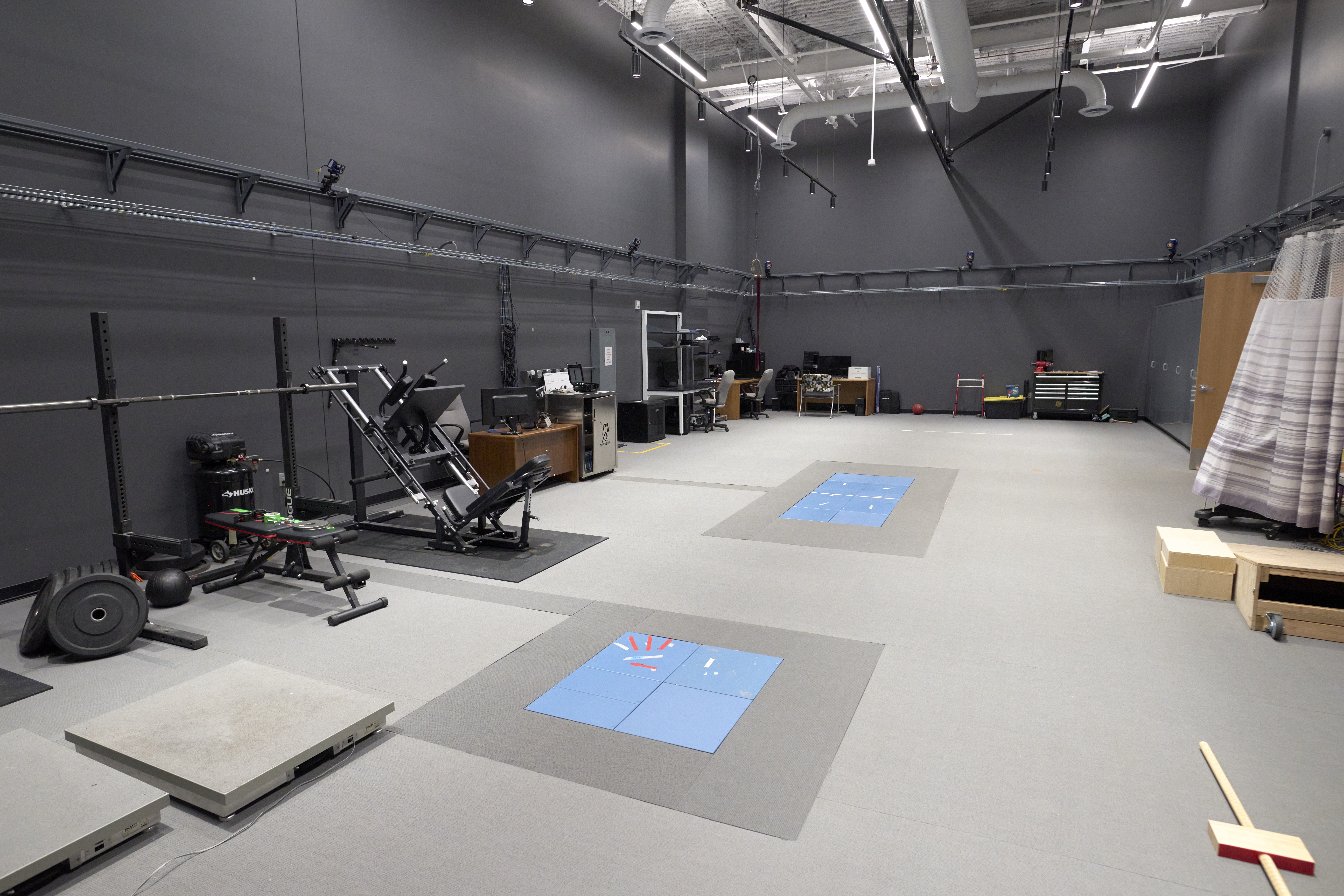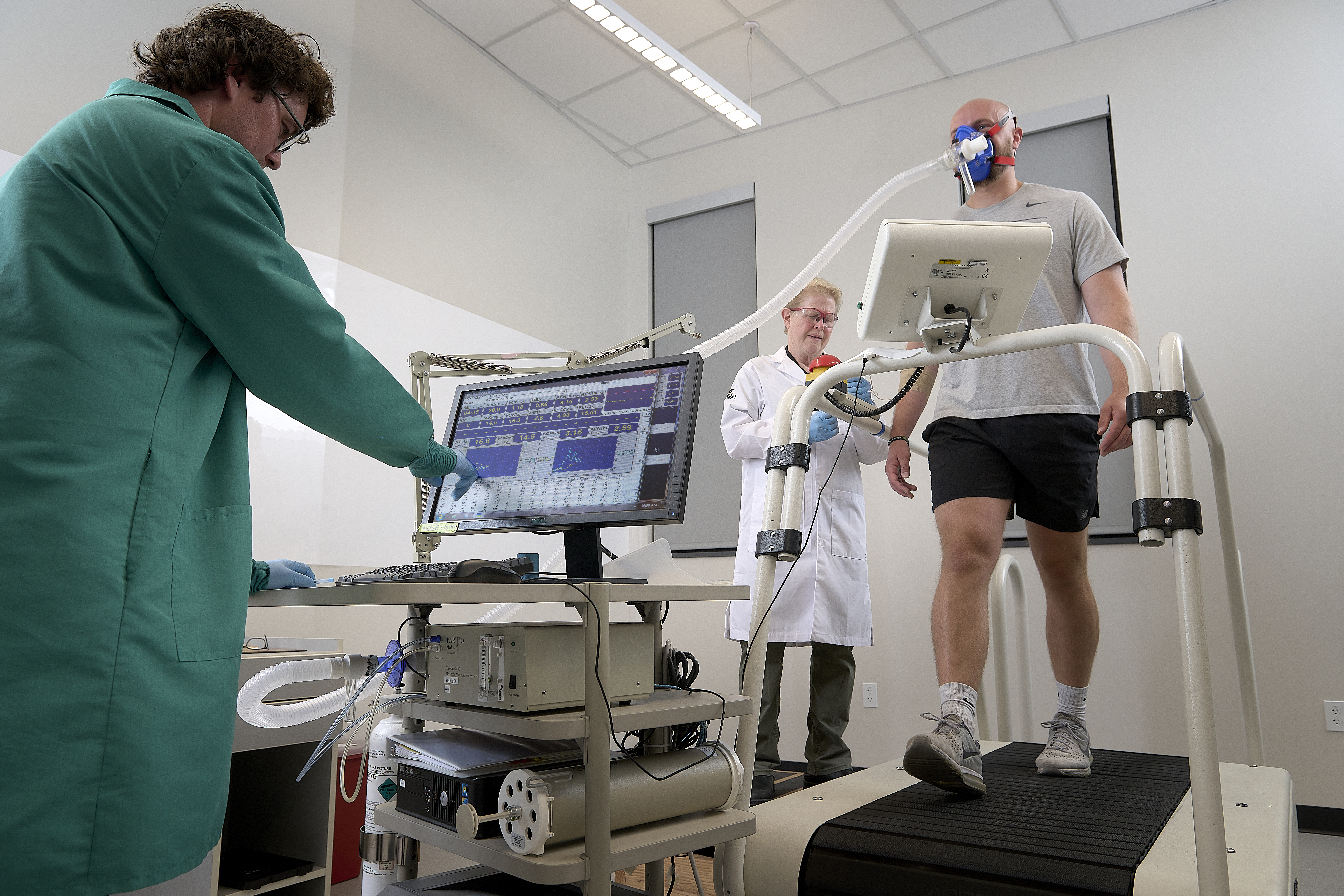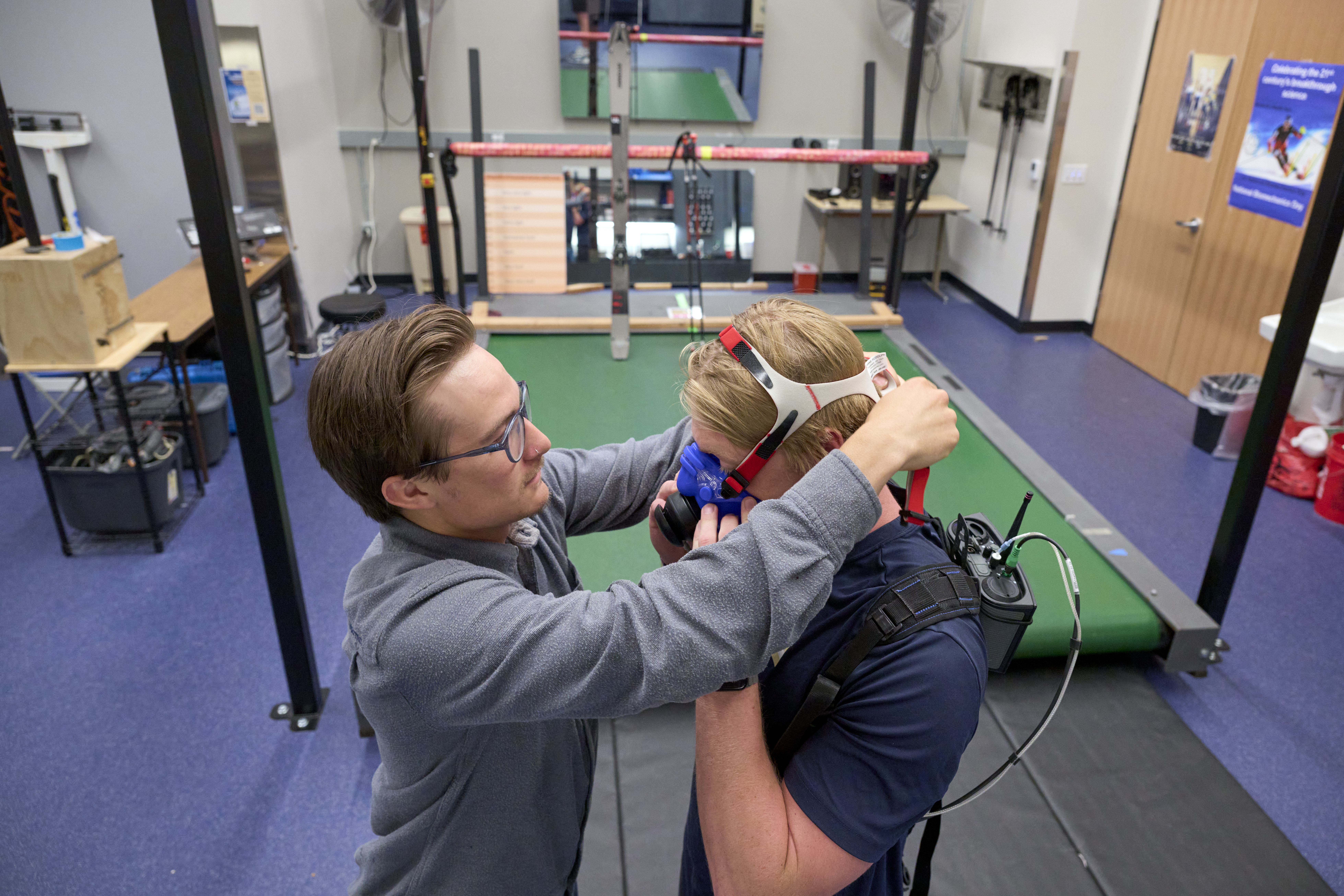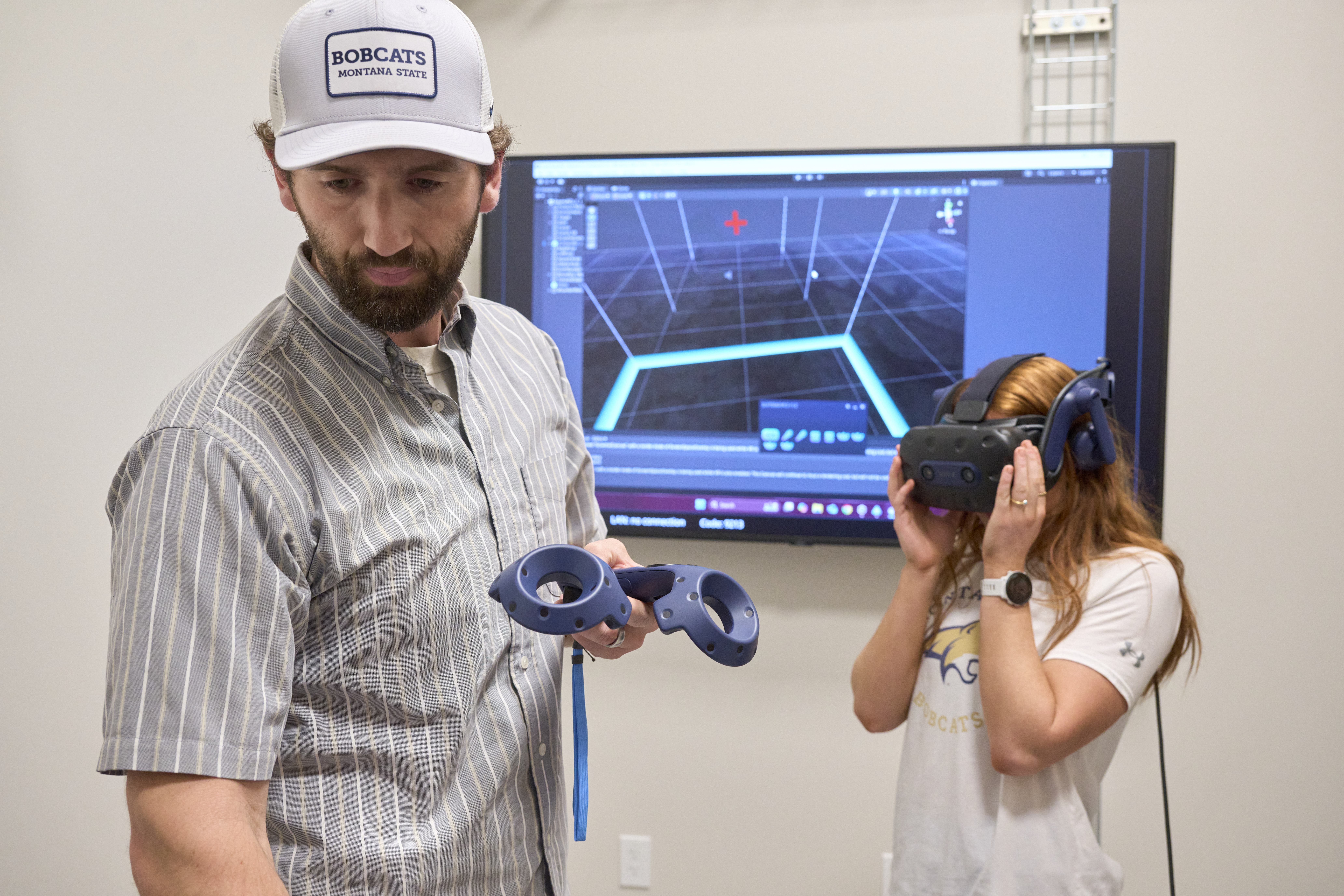Exercise and Nutrition Sciences, Doctor of Philosophy
The Doctor of Philosophy in Exercise and Nutrition Sciences prepares future scholars and industry experts to teach and mentor students, lead research and development, and create knowledge relating to the impacts of exercise/physical activity and nutrition on human health and function. Entering students should have a Master of Science in one of the following areas: exercise science, kinesiology, biomechanics, motor control, nutrition science, or a related discipline.
The program will leverage expertise of program faculty and established collaborations with other programs at MSU to deliver the following doctoral options: 1) exercise nutrition, metabolism, and physiology, and 2) biomechanics and motor control. These applied science options build on the foundational sciences of biochemistry, cellular and molecular biology, anatomy, physiology, physics, and mathematics. Students in both options can expect to critically analyze research, identify gaps in knowledge, and develop research hypotheses; master scientific writing for both grant proposals and peer reviewed journal articles; develop technical knowledge and laboratory skills to carry out cutting-edge research; and design and deliver college-level courses.
Interested students must apply online to The Graduate School before the listed program deadline. Please note that every applicant who applies for admission to MSU and completes an application will receive a formal decision by The Graduate School, whether or not they have been admitted. Admission decisions are based on (but not limited to) undergraduate preparation, alignment with faculty, relevant professional experience, and strength of letters of recommendation. Students applying for the Exercise and Nutrition Sciences programs should have completed a master's degree in kinesiology, exercise science, nutrition, biomechanics, motor control, nutrition science, or a related discipline. Check out the Graduate School's tips to apply!
Application Requirements
- A completed Application for Graduate School Admission.
- Payment of a non-refundable application fee. The fee must be paid before the application will be processed.
- Transcripts from bachelor's and master's coursework. The Graduate School can use unofficial
transcripts to review applications; however, official transcripts are required upon
being offered admission.
- Official transcripts should be sent to The Graduate School directly from the university the applicant attended, and at minimum, one should have a conferred degree indicated on the transcript while also reflecting all undergraduate and/or post-baccalaureate courses and grades. Applicants who are alumni of MSU do not need to submit their official transcripts from MSU.
- An undergraduate GPA of at least 3.00 (on a 4.00 scale). Applicants with post-baccalaureate experience must have a graduate GPA of at least 3.00. See Provisional Admission for more information.
- Three letters of reference (at least one letter should be from the candidate's master's committee)
- Curriculum vita.
- A personal statement.
- A personal statement should address the following information: 1) why you are interested in graduate school in general and at MSU specifically, 2) what career path you are interested in upon completion of the program, 3) what type of research you are interested in completing, 4) which faculty member(s) you are most interested in working with, and 5) whether or not you are interested in a GTA position and what skills you would bring to this position.
- International Applicants must submit additional documents to complete their application including Evidence of English Language Proficiency.
All students admitted to MSU are required to submit immunization records. See the link to Immunizations and to Fees & Holds for more information.
February 15 application deadline for fall semester start; students start fall semester only.
All of the above facilities are part of the Kinesiology & Nutrition Research Lab which is located in the Student Wellness Center. Available equipment includes (but is not limited to):
- Vicon 460 – a 6-camera digital motion capture system
- Myopac Jr. 8-channel EMG system
- Biodex Isokinetic Dynamometer
- Trackmaster Research Treadmill
- Xitron Bioimpedance Spectroscopy analyzers
- MicroQuant Universal Microplate Spectrophotometer
- Piccolo Chemistry Analyzer
- Parvo-Medics TrueOne and Cosmed K5 indirect calorimetry systems
- Biochemistry laboratory with centrifuges, fume hood, and biosafety cabinet
- Metabolic kitchen
- Seca medical bioelectrical impedance analyzer and Bod Pod
Our Exercise and Nutrition Sciences PhD program is mentor based. View our faculty directory to learn more about the research being conducted; potential applicants must reach out to those they may be interested in working with before submitting an application to The Graduate School.
Faculty

Mary Miles, PhD
Professor
Exercise and Nutrition Sciences PhD Program Lead, Associate Dean of Research
Principal Investigator, Nutrition Research Lab

Jim Becker, PhD
Associate Professor
Undergraduate Kinesiology Program Lead
Co-Director, Neuromuscular Biomechanics Lab

Dawn Tarabochia, PhD
Professor
Department Head, Exercise and Nutrition Sciences Masters Program Lead, Coaching Minor Program Lead

Tyler Whittier, PhD
Assistant Professor







